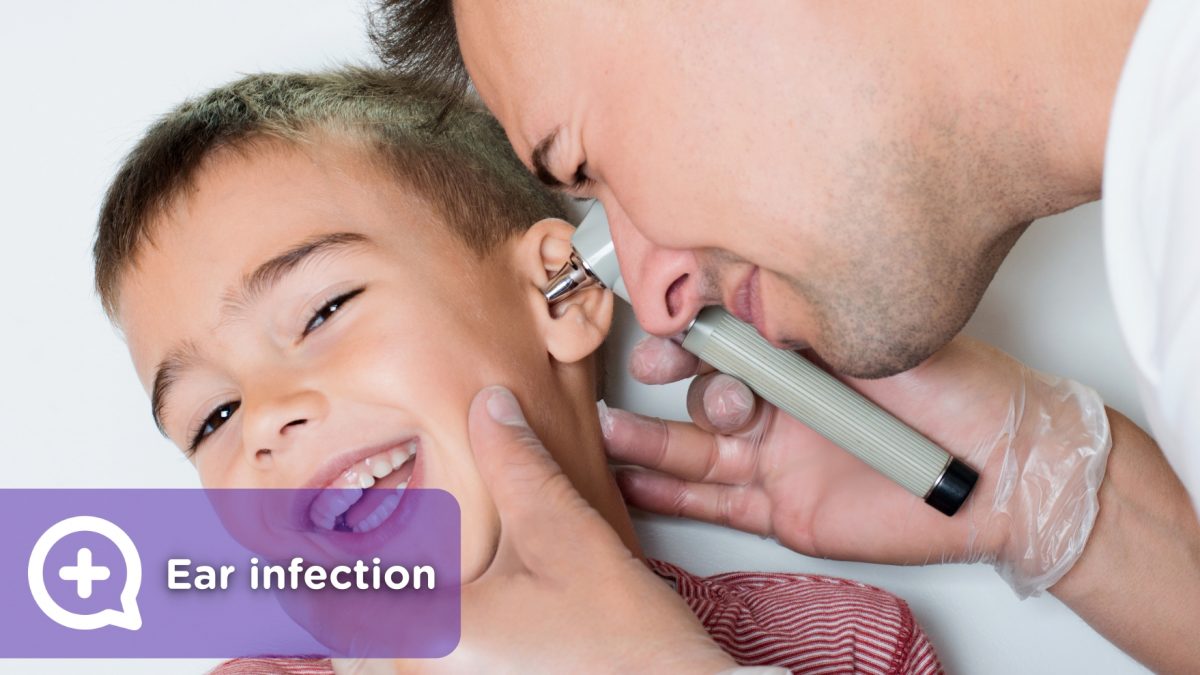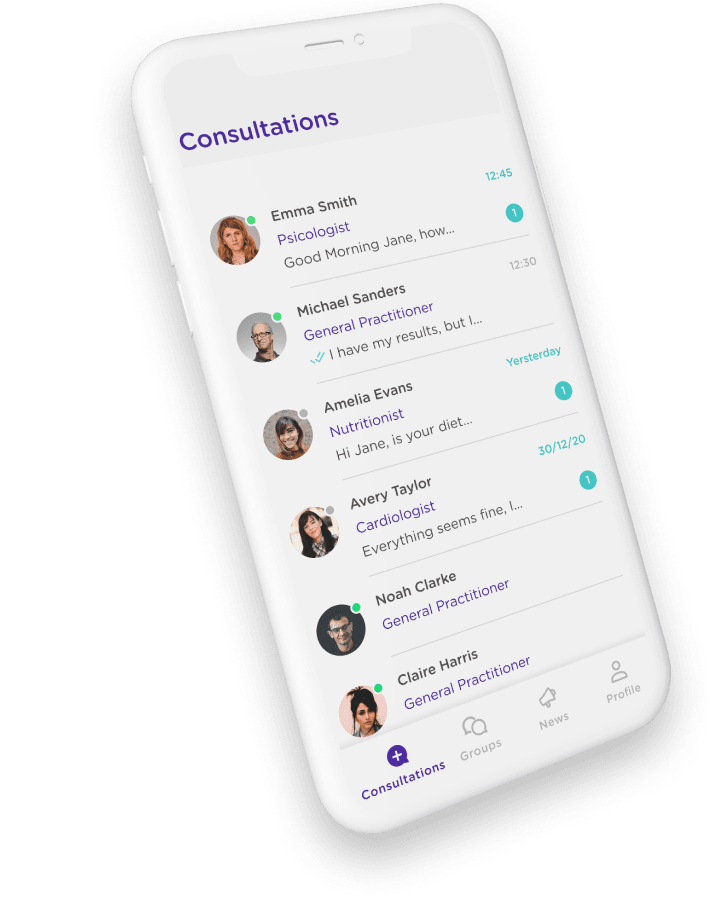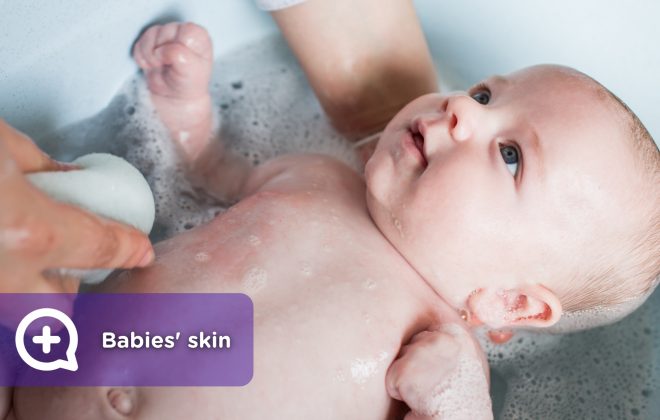We know that you love those moments in the pool, but you must be careful getting so much water in your ears. When we were little we spent all day soaking and nothing ever happened, right?, Removing the 3 hours of digestion that our mothers and grandmothers forced us to spend under the umbrella. Well, after several days of swimming, that sharp pain appears in your ear and you do not know why. Well we will tell you that this pain is an ear infection and has come to stay a few days. It will leave you without sleep and almost without listening well. The ear infection is harmless, but unforgettable. Take the necessary precautions so that neither you nor your children suffer it this summer.
What is an ear infection?
An ear infection is an inflammation of the ear. The most frequent is the external one, called “swimmer’s ear”, but there is also otitis media and internal otitis, depending on the area of the affected ear.
Swimmer’s ear is an inflammation that occurs on the outside of the ear canal, which carries sounds from outside to the eardrum. In general, children are the most likely to have it, especially in the summer months, when they spend more time at sea or in the pool. They can also be caused, for example, by allergic contact dermatitis by cosmetic products, or the frequent use of cotton swabs to remove earwax from the ear canal, as they can cause lesions or compress cerumen, preventing the ear from self-cleaning.
How is otitis externa produced?
When the ear is wet for a long time, it becomes irritated and small lesions are generated on the skin, which favors the growth of fungi and / or bacteria that cause otitis.
Most common symptoms
- Ear pain on the outer area
- Itching
- Sensation stopping the “covered” ear
- Inflammation of lymph nodes
- Fever
Treatment of otitis externa
Usually the doctor will prescribe ear drops that will attack the infection and lower the inflammation. They usually contain a combination of corticosteroids, antibiotics, and you will have to apply them for 7 to 10 days. Analgesics can be taken for pain and discomfort. You should start to feel better after two days of treatment.
How do you prevent it?
Here are some simple recommendations to reduce the risk:
- Dry your ears well with a towel after bathing or being in the pool.
- Tilt the head to both sides to help the ear drain the water that may have remained inside.
- Never clean with cotton swabs.
- Apply drops of a dilute solution of acetic acid, or alcohol after a day of swimming pool.
Use plugs to go to the pool, but not when you are going under water for a long time.
*Content validated by the mediQuo medical team.



